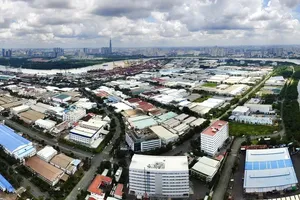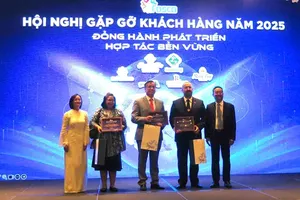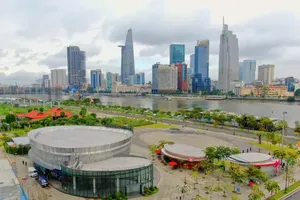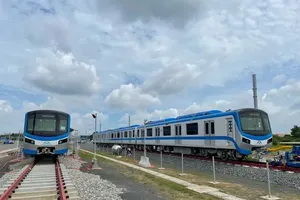
At the moment, Viettel is operating 1,000 stations using NB-IoT technology to cover all the surface area of HCMC. This strong infrastructure allows IoT-based applications to run smoothly in the city, taking advantage of all three bands of 2G, 3G, and 4G while eliminating the need to install connection portals and greatly saving overhead cost.
Particularly, the NB-IoT technology based on 4G infrastructure, which consists of base stations, antennae, and authorized bands, belongs to the Low Power WAN IoT group. It can cover a wider surface, save battery power and connection expense, allow the access of a huge quantity of devices.
Simultaneously, Viettel is speeding up the installation of a basic platform for an NB-IoT application ecosystem, running such software as smart parking, air quality monitoring. It is expected that these connections between smart devices will help the administration of processes much easier.
Noticeably, IoT technology will provide smart house the greatest benefits as house owners are now able to control their household appliances like air conditioners or water heaters conveniently before they come home. They can even open doors for guests remotely.
Viettel’s NB-IoT coverage to all HCMC has created more opportunities for software developers to introduce state-of-the-art technologies into the life of the general public or the operation of businesses more smoothly. All aim at making the city a truly smart city in the near future.
Meanwhile, Viettel is now running nearly 500 NB-IoT stations in Cau Giay District as well as suburban districts of Hanoi. According to Mr. Tao Duc Thang, Deputy General Director of Viettel, his organization plans to introduce this effective technology to the whole nation and the international market, especially to remote areas like mountainous ones or islands.
























